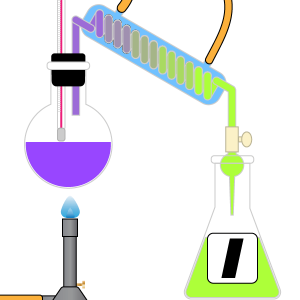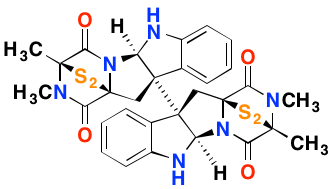
Chemistry is a branch of science that studies the composition, structure, and properties of matter, and how they interact with each other. Chemistry deals with the interactions between atoms and molecules to form new substances. It is often referred to as “the central science” because it connects the physical sciences, which include physics, astronomy, and geology, with the biological sciences. This makes chemistry an invaluable tool for understanding many aspects of life. https://safrole.com/knowledge-base/

The Origins of Chemistry
It’s believed that chemistry has been practiced in some form since ancient times. One of the earliest known practitioners of chemistry was an Egyptian named Imhotep, who is credited with developing the first system for measuring the weight and volume of a substance. Ancient peoples from all over the world also developed their own methods for mixing and manipulating materials and chemicals. Early Chinese alchemists sought to turn base metals such as lead into gold. In India, chemists were tasked with creating perfumes and dyes for textiles.
Modern Chemistry and Its Applications
The modern-day study of chemistry began in the 17th century, when chemists such as Robert Boyle and Antoine Lavoisier began to use the scientific method to study chemical reactions. By the 19th century, chemists had improved significantly upon the theories of these earlier scientists and had established much of what is now considered the core of modern chemistry. Today, chemistry is used in many practical applications, such as in medicine, food production, and environmental protection.
For instance, cancer treatments such as chemotherapy are based on the understanding of chemical interactions that occur in the body. Chemists also analyze the nutritional content of food products, as well as develop new ways to enhance flavors and preserve food longer. Moreover, chemists aid in finding solutions to environmental problems by studying the effects of pollutants on soil and water, and identifying chemicals that can be safely used to clean up contaminated sites.
Organic and Inorganic Chemistry
Organic chemistry is the study of compounds that contain carbon, while inorganic chemistry deals with those that do not. Most organic molecules are also accompanied by hydrogen atoms. Examples of organic compounds include proteins, sugars, and fats. Inorganic compounds, on the other hand, are made up of metals, non-metals, and metalloids such as sulfur, silicon, and salts.
Analytical Chemistry
Analytical chemistry is the branch of chemistry concerned with identifying and quantifying substances. Analytical chemists use instruments such as spectrometers, chromatographs, mass spectrometers, and nuclear magnetic resonance spectroscopes to determine the composition, structure, and properties of substances. It is an essential part of all chemistry research, as it allows for the determination of the exact makeup and quantity of substances.
Exploring Chemistry
Chemistry is an incredibly broad and fascinating field of study. From making new medicines to understanding our environment, chemical processes are at work everywhere. To learn more about the science of chemistry, https://safrole.com/knowledge-base/ is a great resource to start exploring this essential area of science.



